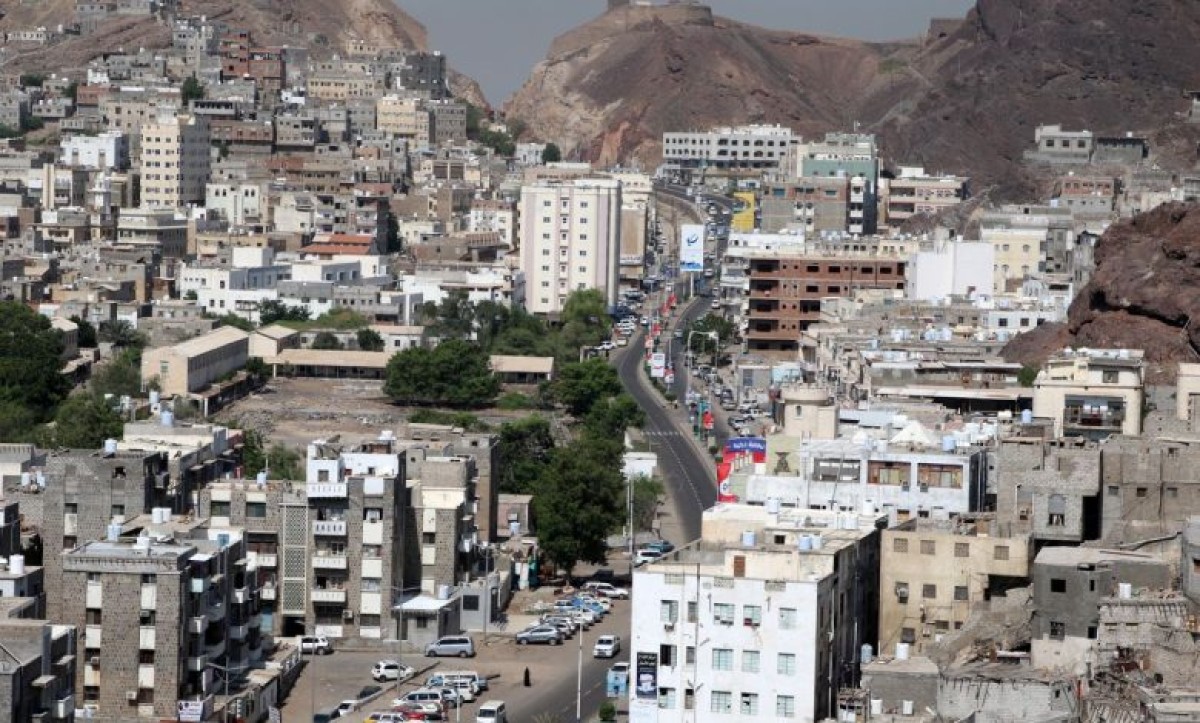Newspaper: Arab and Western diplomatic missions are considering resuming their work from Aden


The newspaper “Al-Arabi Al-Jadeed” quoted Yemeni and Western political sources as saying, “There is a desire among a number of Arab and international diplomatic missions to reopen their missions from the temporary Yemeni capital, Aden, years after they left, following the outbreak of war in Yemen, and to take them from Riyadh.” And Amman as its headquarters.”
According to the newspaper’s sources, this trend is accompanied by increasing out-of-sight movements regarding the situation in Yemen and the revival of the road map and the peace process, and in light of the increasing pressure on the Houthi group on more than one level, locally and externally.
According to more than one source, some missions are studying a complete reopening in Aden, while others tend to have a gradual opening in the steps, according to what the field conditions may reveal.
In this context, several concerned countries sent specialized delegations to Aden to assess the situation with regard to many services and their availability, such as the housing environment, real estate, hotel services, health, especially the quality of hospitals and health care, as well as schools, universities, banks, water, electricity, etc.
p>These delegations carried out field visits and held many meetings with many governmental and private agencies and institutions, after conducting an assessment of the security situation and its stability in the capital, Aden, including India, whose military attaché, the day before yesterday, held several meetings in Aden, discussing... During which the Indian Consulate reopened.
Yemeni governmental and non-governmental sources who participated in some of these meetings stated that these delegations expressed their satisfaction with what they experienced, and concluded that the conditions in Aden had become prepared for work and was now able to carry out its role as the country’s capital, launch the political process from there, embrace missions, facilitate diplomatic movement, and meet the needs of the country. The work environment of the missions and their employees after the improvement of security and development in their performance, the stability of the Presidential Command Council and the work of the government therein, and the activation of the offices of all ministries and government institutions.
According to some of these sources, the Presidential Leadership Council, the government, and the Southern Transitional Council expressed their welcome for international efforts to restore diplomatic activity, and even insisted greatly on achieving this.
She explained that they assured the evaluation delegations of their readiness to facilitate and implement these steps so that countries accelerate the process of reopening diplomatic missions and consulates from within, specifically in the capital, Aden, and the return of their activities and services, similar to the return of missions of international organizations and the stabilization of their work.
It is noteworthy that these developments came simultaneously or accompanied the return of talk about progress in the road map, and international push towards resolving the crisis and the inclination of all parties to the path of comprehensive peace, and reducing the escalation in the Red Sea, especially after the area surrounding Yemen became a military barracks with increasing The foreign presence since after the outbreak of the war on the Gaza Strip, which prompted the involvement of the Houthis in this conflict, which had a significant impact on the humanitarian situation in Yemen.